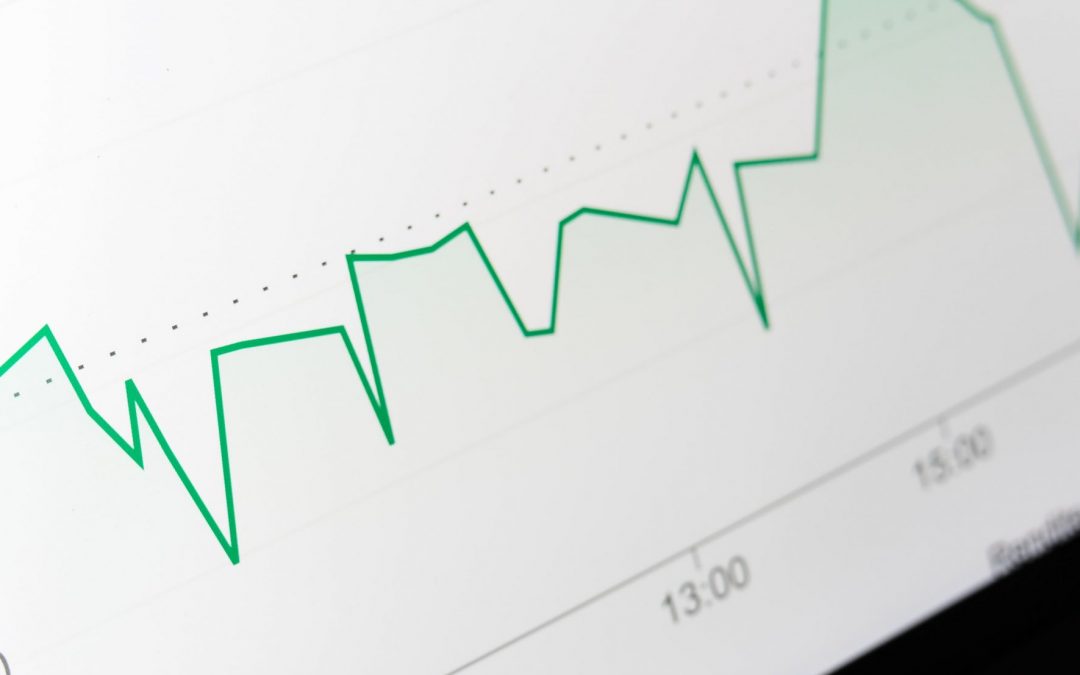To Ad or Not to Ad. That, is the Question…
Google Ads, Facebook Ads, Linkedin Advertising, Sponsored Posts, etc, etc. There are so many ways to reach a bigger audience online.
But do they work for professional services in the built environment? And what do you need to consider before taking the plunge?
This is a question that has come up rather a lot recently. Should we be using Google ads? Can we beat the competition by crafting keywords to be the first thing people see on Google? Google ads, in case you’ve been living under a rock for some time, are the sponsored links that appear at the top of most search results on Google. They appear before the regular search results on the page.
And it’s not hard to understand why. A year ago, recruitment, business development and marketing were simple. You had a website, you went out and shook people’s hands, gave them a business card, if they liked you, liked your website, all would be well. Ok, it wasn’t that simple, but you get the idea.
Now, with a year of being isolated from the world, I get the impression folk are looking for new (and easy?) ways to raise their profile and deal with the competition. Some professional services businesses, particularly those in the built environment were quick to change last year. Many immediately went ‘digital’. By which we mean moved their events online, and changed their comms strategy to enhance their online offering.
This was eminently sensible. If you cannot see people in person, then it makes perfect sense to ensure they can see you through the remaining means available.
The Panacea of Online Advertising
But are ads online the panacea some people seem to think they are? Sure, they’re prominent. You appear at the top of a google page when someone looks for you (or your competitor if you’re sharp), but do they work?
I had a covid night a few nights ago. That’s not to say I had covid – I just couldn’t sleep. This has happened a lot in the last 12 months!
So I turned on a podcast from ‘Freakonomics’. The podcast used a case study of eBay. They were spending $1bn on advertising a year, of which around 50% was on Google ads. When they reviewed their spend and ran some testing, they discovered that turning off the ads, in the worst-case scenario, led to a drop of 0.5% in revenue. Even when they did a cost-benefit analysis, they were spending more on advertising than they ever recovered in sales.
This confirms what I’ve suspected for some time. However, it comes with a lot of caveats. Of course, eBay is a well-known and already well-indexed website for Google. So they will reach the top of most search results anyway. There are also other outcomes from paid advertising that don’t lead to direct sales, which deserve some consideration.
But does this mean that online ads are good or bad?
Generally, we would suggest, it depends. It depends what you’re advertising and what you’re selling and to who.
Taking Google ads as a starting point:
If you’re a small startup or lesser-known firm, there may be some benefits to advertising. You can obtain some demographical information from Google that may help you with your broader Search Engine Optimisation (SEO – the things that get you to the top of Google, naturally). You may find that your ads put you ahead of your competition.
However, Google ads can be expensive. Also, unless you hone your targeting to exactly the people you want to reach (not always easy) you risk paying a lot for visits to your site. Visits that may come from people not interested in your product or service. In which case you may wish to consider whether your money is being well spent? Additionally, as Dan Jones pointed out last week – ads usually require a budget, and once that budget has run out, then your ads stop, unless you have a limitless pot of money.
Also, let’s take a look at what many of our clients are selling:
Often, it’s either a one-off or even a distressed purchase. Prospective clients will think carefully before making a decision. They are likely to have done some background research or will be looking for very specific services. Unless there’s a quick decision needed and the search is given to someone new, it seems unlikely they would choose your ad over an organic result. This is compounded by the fact that most of our clients’ clients are senior decision makers. These people are unlikely to be easily distracted by paid-for advertising over organic results.
Furthermore, the click-through rate for business services on Google ads is a mere 4%. That means you may be charged for an ad appearing, but users will rarely click on it. Even if they do click, as outlined above, the chances of them going on to make a purchase are slim. The industries that benefit more from Google ads are hospitality (even at the moment), travel, gifts and shopping. So, unless we’ve missed something, most of our clients won’t benefit.
So ads are a bad idea, right?
No. Actually in some scenarios they’re a great idea. Some examples we think are good, or where we’ve had tangible success include:
- Consumer services: If you had a surveying business providing household building surveys – this is a prime candidate for ads. The prospect is uninformed. The chances are they will use easily predictable keywords. (Do note that Google’s machine learning is pretty smart though.) You’ll likely get a reasonable success rate.
- Events: We’ve had success using ads on LinkedIn for events, particularly in certain regions of the world. LinkedIn’s advertising can be both quite cheap (albeit they’ve put their rates up a lot in recent years) and very well targeted. Because they have access to so much of our professional data – you can search by almost everything imaginable.
- Small businesses / startups: If your business is pretty much brand new, and your website is new to the internet, then the chances are, your organic search results will not place you anywhere near the top of Google. It takes up to six months before Google will start to rank you highly. So you can use Google ads, not only to get your business noticed, but to identify the types of things people might be searching for that you can then incorporate into your search plan.
That’s not an exhaustive list of the reasons to consider paying for online advertising. There are others. But it’s not something we’d always rule out.
Nevertheless, our view is that organic growth is always the best kind of growth. For the majority of our clients in the majority of scenarios, paid advertising is money that could be far better spent on another form of promotion.
And if you’d like to talk more about either Google Ads, or SEO, just get in touch.

